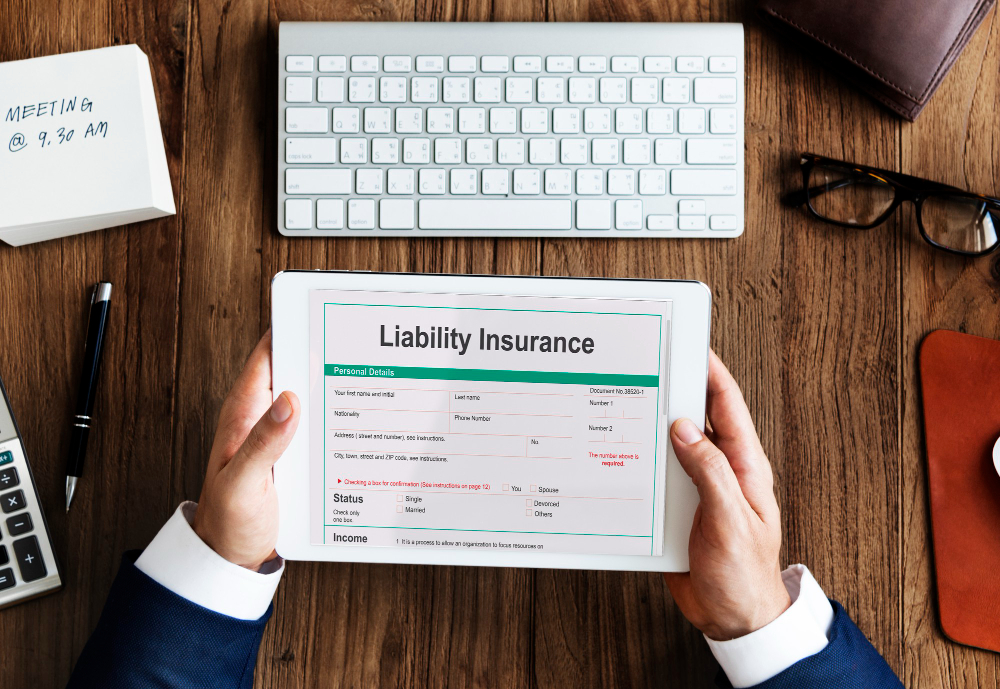
Commercial Claims: An In-Depth Understanding for Business Presentation
October 15, 2024 9:01 am In the scorching world of commerce, disputes are bound to arise. Be it a question of terms over a contract, quality of product, or delivery of service, business needs to be aware of how it can protect its rights. Commercial claims in business resolve disputes, mainly in the form of financial and contractual obligations. This article explores what commercial claims mean, their importance, types, and best practices for businesses to manage them well.What Are Commercial Claims?
Commercial claims are disputes between businesses or a business and the customer in terms of the contract, transaction, or service. Normally, commercial claims entail financial recovery usually involving losses or delays as well as breach of contract. In practically all ramifications, commercial claims are a tool through which businesses can recover damages or enforce agreements. As business is based upon the confidence of each other and legal contracts, the essence of commercial claims lies in holding the people to be fair and liable. They constitute a tenuous balance primarily due to the legal remedies available when at least one party to the contract fails to comply with their end.Why do commercial claims matter?
Protecting Business Interests: Commercial claims ensure that a business can protect its assets and contracts from misuse or breaches.Maintaining Cash Flow:
Claims help to recover payments which may have gone overdue; an important factor for the smooth running of a business.Preserving Relationships:
Formalising the claim process helps to handle disputes in an orderly manner and keeps business relationships from getting out of hand.Risk Management:
Having the process of claim knowledge affords companies ample opportunity at avoiding risks as well as solving a problem before it blows out into full-blown disputes. Nature of Commercial Claims Commercial claims may come under various kinds of contracts in most industries. There are many common types of claims, which include the following:1. Contractual Claims
In this case, one of the parties fails to comply with its commitments that have been set forth in the contract. The breach could be about failing to deliver goods, delayed services, or a failure to meet quality levels. The sufferer party is entitled to damages and specific performance, which is basically performing the original terms.2. Debt Recovery Claims
Where customers or clients fail to raise payment on time, businesses can raise a claim to recover their unpaid debts. These are prevalent mostly where credit terms are provided in most industries.3. Insurance Claims
Commercial insurance policies provide businesses with financial protection against loss as a result of accidents, property damage, or theft among other events. Businesses can raise an insurance claim where an insured event is realized and seek damages from an insurer.4. Intellectual Property Claims
Intellectual property claims primarily involve trademarks, patents, and copyrights that require claims. Businesses could file a claim to protect their rights of IP and recover damages against the infringing party.5. Product Liability Claims
A product can cause harm or be defective. The hurt party may claim against the manufacturing or selling party. This is important to any business trading in consumer goods.Effective Administration of Commercial Claims
Effective management of commercial claims will save money and give assurance over the relationships professionally. Here are a few tips:1. Clear Contracts
Clear draft contracts will avoid most cases of disputes. Describe all the terms clearly, including payment schedules, expectations of service, and how to resolve disputes.2. Document Everything
Record dispute: Track all the contracts, invoices, emails, and letters exchanged with the clients or suppliers. They may form part of the supporting documents when filing for a commercial claim.3. Understand Legal Duty
Each place has different laws concerning commercial claim. You should find out the rules to ensure that your case meets the legal requirements. However, in case the case is very complex, you will require adding a lawyer.4. Negotiation First
However, in most cases, the matter is resolved through negotiation or mediation if possible, and it saves time and keeps customer or business partner relationships intact.5. Seek Professional Help
Debt recovery or a more intricate claim can benefit by seeking professional help like debt collection agencies or legal professionals, who are more expert in dealing with such claims.Common Issues in Commercial Claims
Protracted Solution:
A claim may take a long time to be resolved, especially if it involves legal action.Cost of Litigation:
The cost of taking a case to court is high, and therefore the cost against recovery should be compared.Dispute over Evidence:
When documents are not available in full, the opposing party may bring into question the validity of the claim.Conclusion
Commercial claims are among the most important tools that business uses to protect itself from risks, compel people to conform to the terms and conditions of the contracts entered into, and recover losses. Commercial claims encompass such large areas like debt recovery, product liability, as well as ensuring smooth business operations, which bound either parties to action in case of a dispute. Businesses must, therefore, invest in clear contracts, maintain accurate records, and negotiate before escalating disputes. Handling commercial claims proactively not only protects the financial position of a company but consolidates its reputation and relationships in the market. Businesses can therefore translate even potential setbacks into learning opportunities or moments of growth. CONTACT MIKE ACERRA Tags: Commercial claimsCategorised in: Claims FAQs, Commercial, Fire Damage, Individual Service, Public Adjuster, Residential
This post was written by Trishala Tiwari

Comments are closed here.